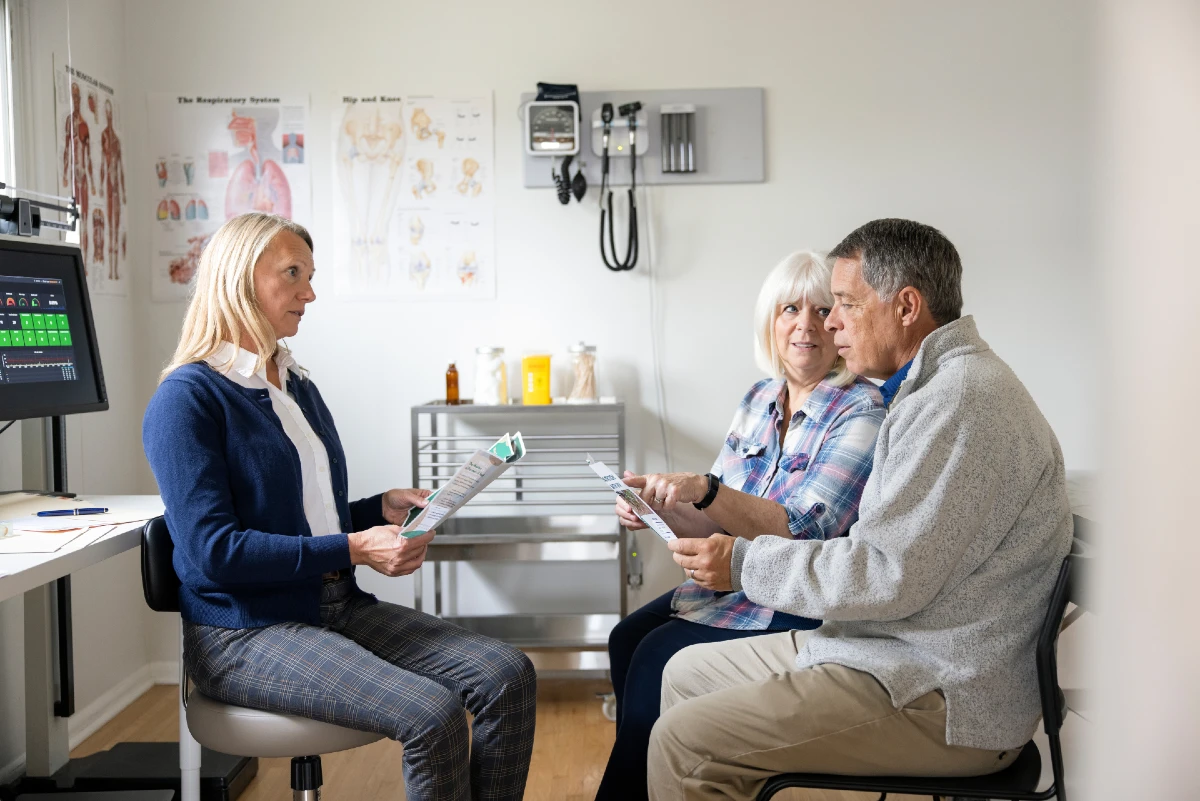We use cookies to help provide you with the best possible online experience.
By using this site, you agree that we may store and access cookies on your device. Cookie policy.
Cookie settings.
Functional Cookies
Functional Cookies are enabled by default at all times so that we can save your preferences for cookie settings and ensure site works and delivers best experience.
3rd Party Cookies
This website uses Google Analytics to collect anonymous information such as the number of visitors to the site, and the most popular pages.
Keeping this cookie enabled helps us to improve our website.

Chaperone Policy
The Surgery prides itself in maintaining professional standards. For certain examinations during consultations an impartial observer (a “Chaperone”) will be required.
A variety of people can act as a chaperone in the practice. In most instances the chaperones will be a clinical staff member familiar with procedural aspects of personal examination.
On other occasions where the practice determines that non-clinical staff will act in this capacity, the patient must agree to the presence of a non-clinician in the examination and be at ease with this.
All staff acting as chaperones are trained in the procedural aspects of personal examinations and is comfortable in acting as a chaperone.
You are free to decline any examination or chose an alternative examiner or chaperone. You may also request a chaperone for any examination or consultation if one is not offered to you. The GP may not undertake an examination if a chaperone is declined.
The role of a Chaperone:
- Maintains professional boundaries during intimate examinations.
- Acknowledges a patient’s vulnerability.
- Provides emotional comfort and reassurance.
- Assists in the examination.
- Assists with undressing patients, if required.
